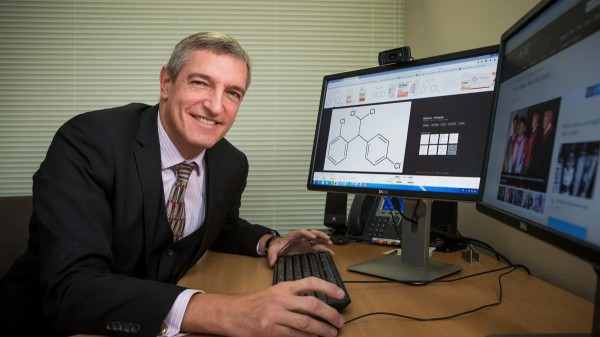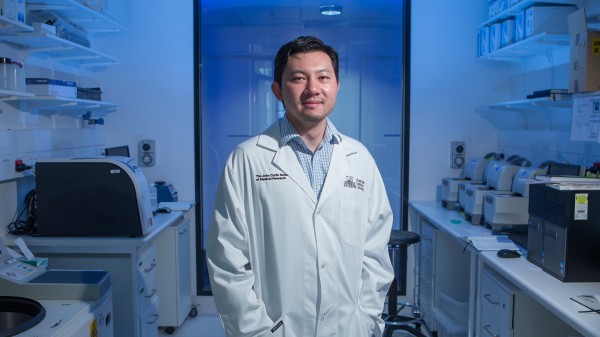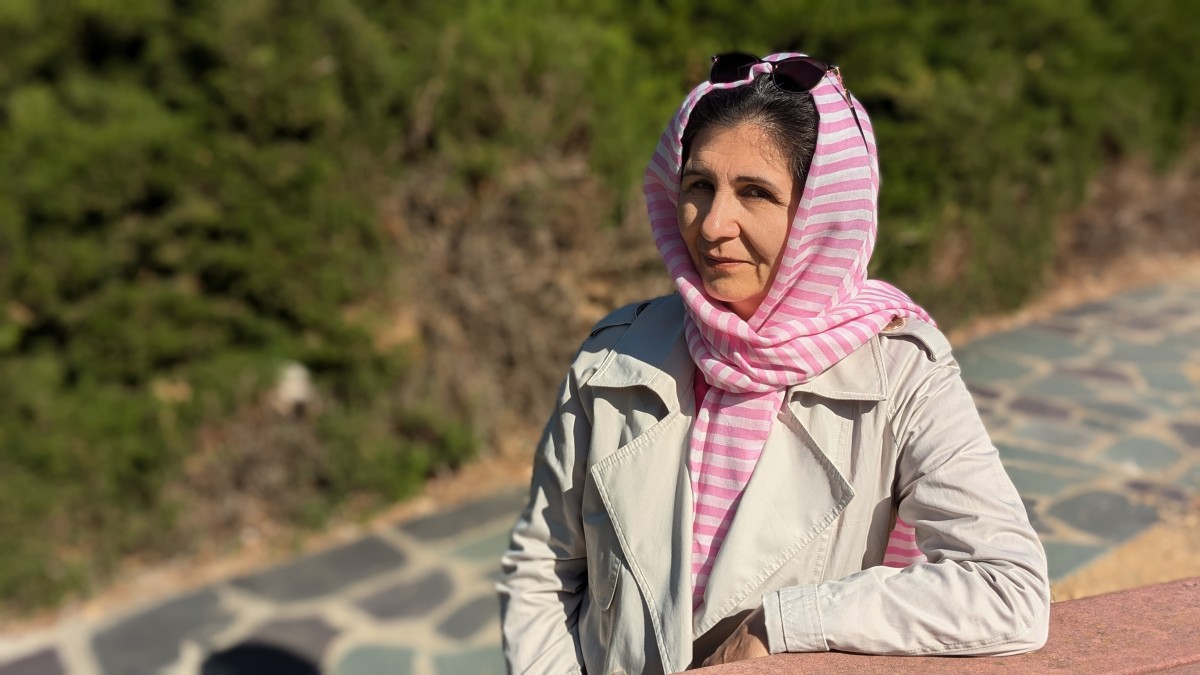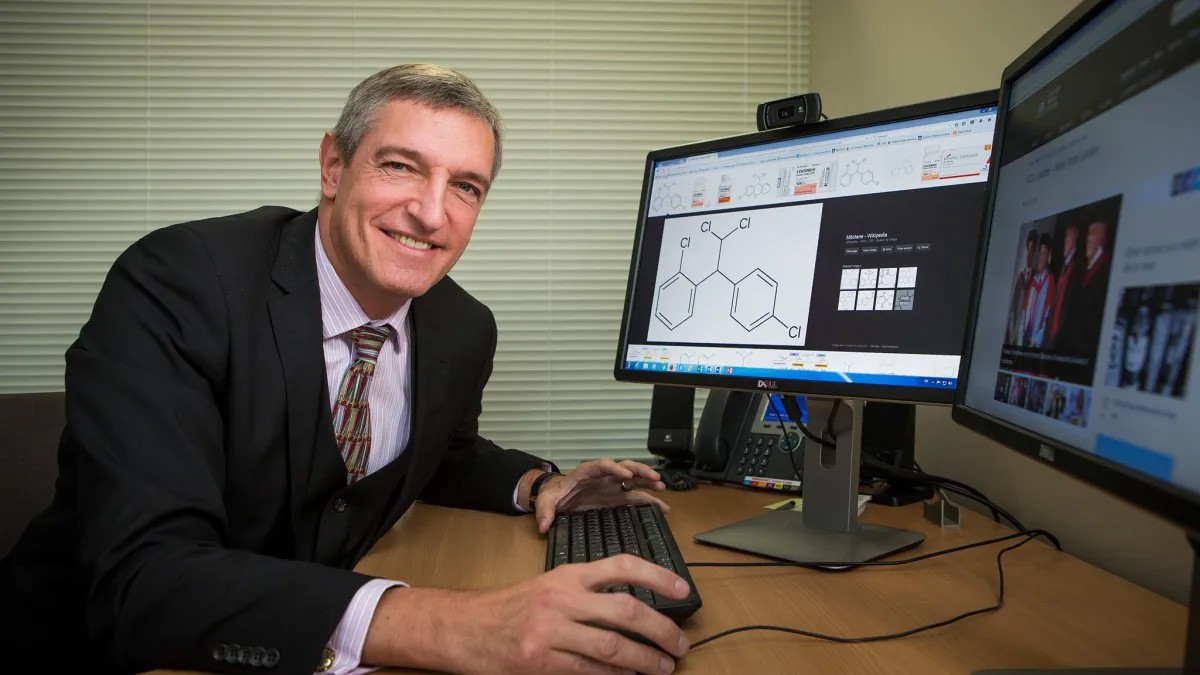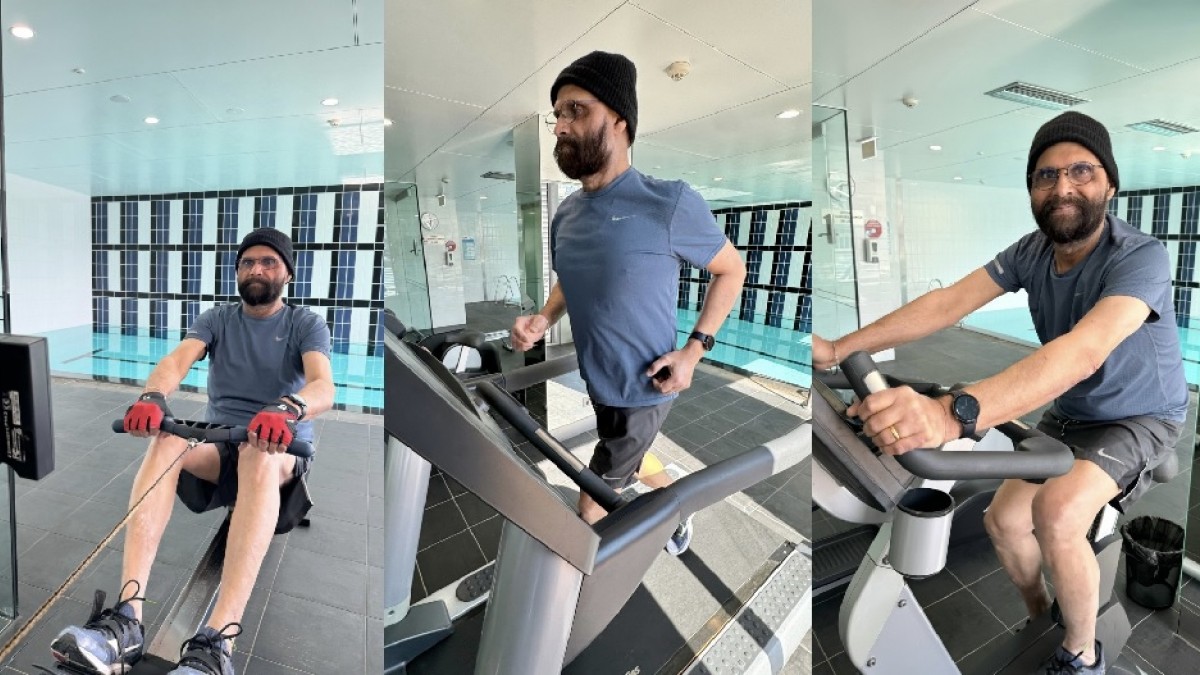As Dr Karima Hamed Faryabi recounts her exit from Afghanistan in 2021, I can’t help but marvel at the resilience of the woman who sits before me.
The details she shares of receiving death threats, removing her SIM card to avoid detection, hiding in a safe house to evade the Taliban and waiting for the right time to head to the airport seem surreal to me.
If she and her children had not received a visa to Australia and made it onto a plane, her life would be completely different today.
Dr Hamed Faryabi – a medical doctor, an advocate for womens’ rights, and the former Minister of the Economy in Afghanistan during 2020/21 – is a target of the Taliban.
The privileges we take for granted in Australia, like an education, access to medical care, the option to work, and even the simple idea of wearing clothing of our choosing, are not a given for females in Afghanistan - even during the NATO intervention in 2001 to 2021.
“I come from a family that values education and sees females as equal to men,” Dr Hamed Faryabi shares.
“My father and brother supported me but that is not the experience for many females. And because they supported me, they were ridiculed.”
“Even with support, it was difficult to go to another province and study medicine. In a cohort of 650 students, there were only four females.”
Her experiences taught her that to be accepted into conservative communities she needed to be humble, respectful, and to always observe the culture.
“As the first female doctor travelling to remote areas in the north of Afghanistan, I had to cover every medical issue imaginable.”
“I was a midwife, a health educator, a nurse and an emergency doctor. The work I undertook was usually in a low-resourced environment. I often didn’t have access to the medical equipment or supplies found in a hospital.”
Working under these conditions taught Dr Hamed Faryabi to think outside the box when it comes to healthcare.”
It was during her time working as a general practitioner that she realised the crucial need for advocacy for women’s health and women’s rights.
“When I first graduated and started working as a doctor, I witnessed some horrendous things due to lack of resources, the general environment and treatment of women.”
“One incident that is still etched in my mind was seeing a woman giving birth in the snow. It occurred in 1998 when the Taliban invaded the Qaysar district in Faryab province. People were trying to escape their homes to survive the Taliban attack and the only type of health care available was in the centre of the district were the fighting was happening. Unfortunately, there was nothing I could do to help her. Women and children were, and are still, dying due to lack of access to medical care.”
Her interest in advocacy and public health led her to work with Doctors Without Borders (also known as Medicines Sans Frontiers) as a medical supervisor; to participate in the United Nations Development Programme as a provincial advisor and technical manager; and to dedicate time to providing humanitarian assistance to displaced communities in Afghanistan, and medical support during COVID-19 as a provincial coordinator with Save the Children.
Always valuing the power of education, Dr Hamed Faryabi also dedicated time to teaching midwifery at Amir Ali Shir-e- Nawai and Gowhar Shad Begum Institutes of Health Sciences.
Today, in her role at the Australian National University (ANU) as a Problem Based Learning tutor in the Doctor of Medicine and Surgery Program, Dr Hamed Faryabi takes her varied and vast medical experience over 25 years to educate, support and inspire the next generation of doctors here in Australia.
Dr Hamed Faryabi said “I don’t share my history with my students but what I do point out to them is that they should embrace and appreciate the opportunities and resources available to them for their learning.”
“I never experienced Problem Based Learning in my degree, it is a wonderful way to learn. To be able to utilise real clinical cases to think critically about how to apply what you’ve learnt in the classroom and to discuss it with your colleagues to come up with a diagnosis or solution is a practical and useful way to learn.”
As I wrap up our conversation, Dr Hamed Faryabi adds, “I’m very thankful to Australia and the ANU for the opportunity to rebuild my life.”
“I still have family members in Afghanistan and that is an emotional and mental burden. For now, I continue to put one foot in front of the other and keep moving forward.”
“My hope is to eventually gain my accreditation to practice medicine in Australia.”





